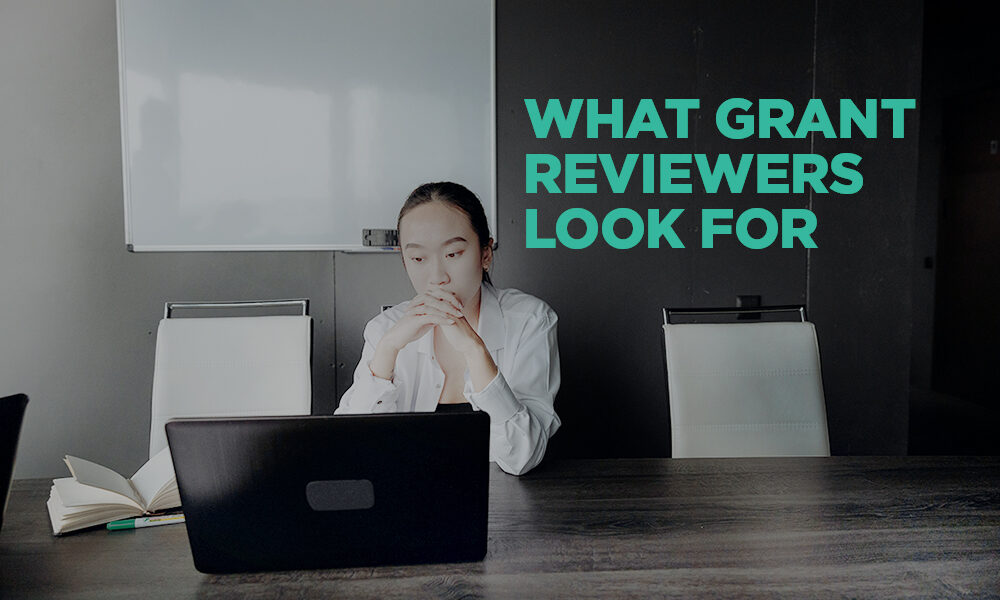There are very specific reasons why federal grants fail to get funded, and those reasons can go well beyond poor program design or not following the rules. As a grant reviewer, whose job it is to assign point values based on the rubric provided for each section of a grant, I can provide an inside perspective.
Grants writers who are not clear and concise consistently lose points in program design, sustainability, program goals and objectives, and sections dealing with community partnerships.
Have you ever wondered what causes one reviewer to score a grant application high, while another receives a lower score? What makes each perspective differ? What guidelines can I follow to ensure that I have written the strongest grant application possible given my writing style. Does it matter that I lose points in some areas of the grant that may not be weighted as heavily as other sections? Why? Why not?
The 21st Century Learning Grant is, perhaps, one of the largest federal after-school program grants in the nation. I have served on a state vision team for this grant for many years (these are half-million dollar, multi-year grants). The current emphasis is on community partnerships because they reflect long-term relationships, authenticity, and true sharing of resources.
Reviewers examine budgets to determine the overall quality and strength of a proposal, but differ on what makes a strong grant versus a mediocre one. What will carry weight with any reviewer is how much detail the applicant provides in terms of the what are you planning to do, where, how, when, and how will you measure your success. Reviewers don’t make final funding decisions; but their individual scores on any application factors in heavily. An understanding of how they score and what matters to them in distinguishing one application from another is essential.
“A grant writer’s job is to fully respond to every single point raised by the funding source,” said Libby Hikind, CEO of GrantWriterTeam. “The weight of a score for a particular section is for guidance purposes, only. Never, ever do you leave out any question or point. The weights are subject to change. At the time of review, a section can be deemed unfair or not clear and then all weights are readjusted.”
“If your organization cannot respond with experience and clarity to a specific question or point, consider a partnership with an organization that you have an established understanding of referral or some working relationship,” said Hikind. “Their experience and expertise will strengthen your proposal and touch on the point.”
About the Author: Elaine Rose Penn is an experienced and successful reviewer of federal grants.

Recent Comments